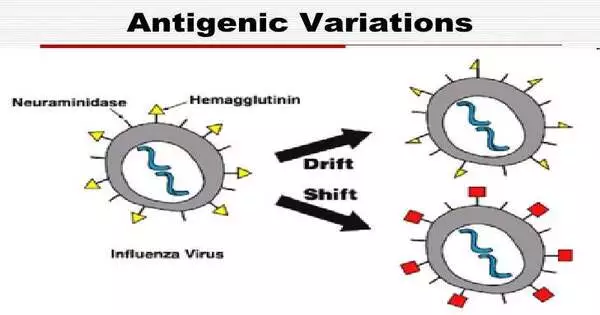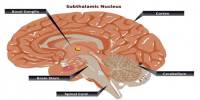Antigenic variation refers to the ability of certain microorganisms, such as bacteria, viruses, and parasites, to change their surface antigens in order to evade the host immune system. It refers to the mechanism by which an infectious agent, such as a protozoan, bacterium, or virus, alters the proteins or carbohydrates on its surface in order to avoid a host immune response, making it one of the mechanisms of antigenic escape. Antigens are molecules that the immune system recognizes as foreign and play a critical role in the immune response. It is related to phase variation.
Antigenic variation in microorganisms can alter the composition or structure of their surface antigens, such as proteins or carbohydrates. Because of this variation, they can avoid detection and elimination by the host’s immune system, which may have developed immunity to previously encountered antigens.
Antigenic variation allows the pathogen to not only avoid the immune response in its current host but also to re-infect previously infected hosts. Immunity against re-infection is based on recognition of the pathogen’s antigens, which are “remembered” by the acquired immune response. If the pathogen’s dominant antigen is altered, the pathogen is able to avoid detection by the host’s acquired immune system.
Antigenic variation can occur through changes to surface molecules such as proteins and carbohydrates. Antigenic variation can occur as a result of gene conversion, site-specific DNA inversions, hypermutation, or sequence cassette recombination. As a result, even a clonal population of pathogens exhibits a diverse phenotype. Many proteins that exhibit antigenic or phase variation are associated with virulence.
There are several mechanisms by which antigenic variation occurs, and they vary among different types of pathogens. Some common strategies include:
- Gene Conversion: The exchange of genetic material between different genes or gene variants is involved. The pathogen may have a gene repertoire that can be shuffled to generate new antigenic variants.
- Phase Variation: Certain microorganisms can switch between phenotypic forms by activating or deactivating specific genes. As a result, different surface antigens are expressed at different times.
- Mutation: Random mutations in the genes that encode surface antigens can result in the production of new antigenic variants. If these mutations offer a survival advantage, they may be selected for and spread throughout the population.
Antigenic variation is a significant barrier to developing effective vaccines against specific pathogens. Vaccines usually target specific antigens in order to stimulate the immune system to recognize and eliminating the pathogen. If the pathogen is capable of changing its antigens, the immune system may be less effective in recognizing and responding to the infection.
The influenza virus, which can undergo genetic reassortment and mutation, and the bacterium Neisseria gonorrhoeae, which uses gene conversion to vary its surface antigens, are two examples of pathogens that undergo antigenic variation.
















